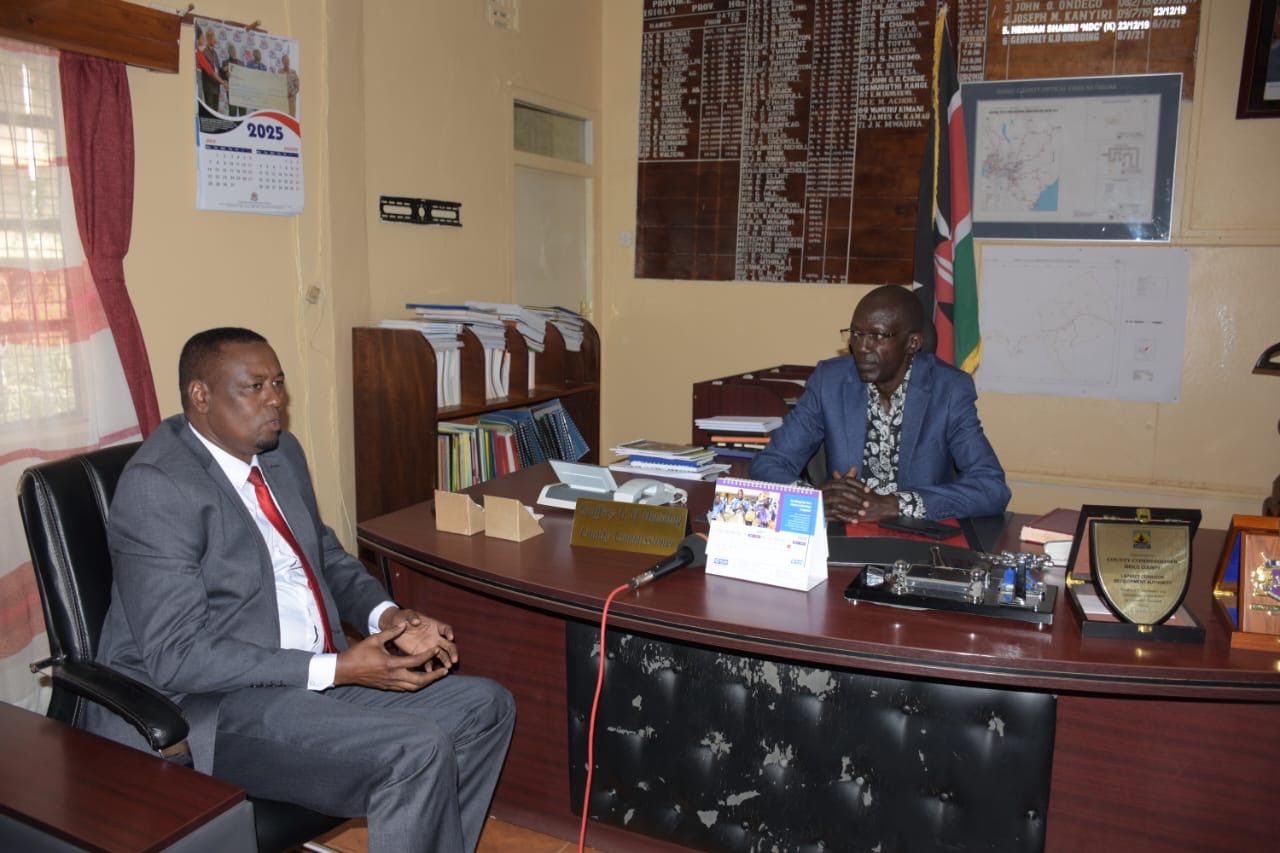Whistleblowers to get stronger protection, rewards under new bill

The proposed law sets stiff penalties for anyone found interfering with the reporting process. Individuals who block investigations or mislead the commission will face a fine of up to Sh1 million, one year in prison, or both.
Kenya is set to introduce a new law that will require all public and private institutions to set up secure systems allowing whistleblowers to report cases of misconduct, as part of efforts to boost accountability and fight corruption.
The Whistleblower Protection Bill, 2025, which has been reviewed by the Office of the Attorney General, outlines a detailed legal framework for shielding individuals who disclose information on wrongdoing.
More To Read
- AG Dorcas Oduor seeks to cut graft trial timelines to six months
- Judges’ body joins battle to block Magistrate Atambo’s prosecution by DPP, DCI and EACC
- Opposition leaders: We’ll prosecute Ruto over graft, extrajudicial killings if elected
- Two senior NYS officials suspended over Sh2 billion fraud move to court
- Ex-CJ David Maraga rubbishes 'Ruto project' tag, denies eying AG role
- Former PS Wilfred Kimalat in trouble as EACC seeks to recover public land he allegedly stole while in office
It directs both government bodies and private organisations to put in place formal procedures for handling such reports from employees or any other persons.
The Bill provides that whistleblowers will be eligible for recognition and incentives where appropriate, including financial rewards.
Monetary rewards may be issued if the information shared helps in recovering stolen assets, and the amount to be paid will be determined by the relevant authority after the funds are recovered.
To protect those who report such cases, the Bill includes legal immunity for individuals who make disclosures in good faith, and gives them the option to remain anonymous.
It further prohibits any form of punishment against whistleblowers, including dismissal, threats or demotion, for revealing acts of misconduct.
“It provides the manner of making a public interest disclosure, including anonymous disclosures, and identifies the persons responsible for receiving the disclosures and information to be included in those disclosures,” reads the memorandum attached to the Bill.
Entities will be required to design policies that are confidential and suited to the size and type of their operations.
The law will be enforced by the Commission on Administrative Justice, working closely with other oversight agencies.
The proposed law sets stiff penalties for anyone found interfering with the reporting process. Individuals who block investigations or mislead the commission will face a fine of up to Sh1 million, one year in prison, or both.
Anyone found guilty of retaliating against whistleblowers will risk a fine of up to Sh5 million, a jail term of up to 10 years, or both.
Those who knowingly submit false information will also be punished, with the law recommending a fine not exceeding Sh1 million, a maximum of one year in jail, or both.
The Bill also makes it an offence to ignore known or suspected misconduct without taking action.
The definition of misconduct in the Bill covers serious offences such as corruption, bribery, human rights abuses, mismanagement of public resources, discrimination and solicitation.
The law encourages citizens to report any act that poses a risk, violates the law, or goes against public interest.
This Bill is a major part of Kenya’s plan to tighten anti-corruption laws and raise accountability standards in both the public and private sectors.
While earlier laws, such as the Whistleblower Protection Act, introduced basic protections, the new Bill aims to close gaps and increase support for those who speak out.
Top Stories Today












































